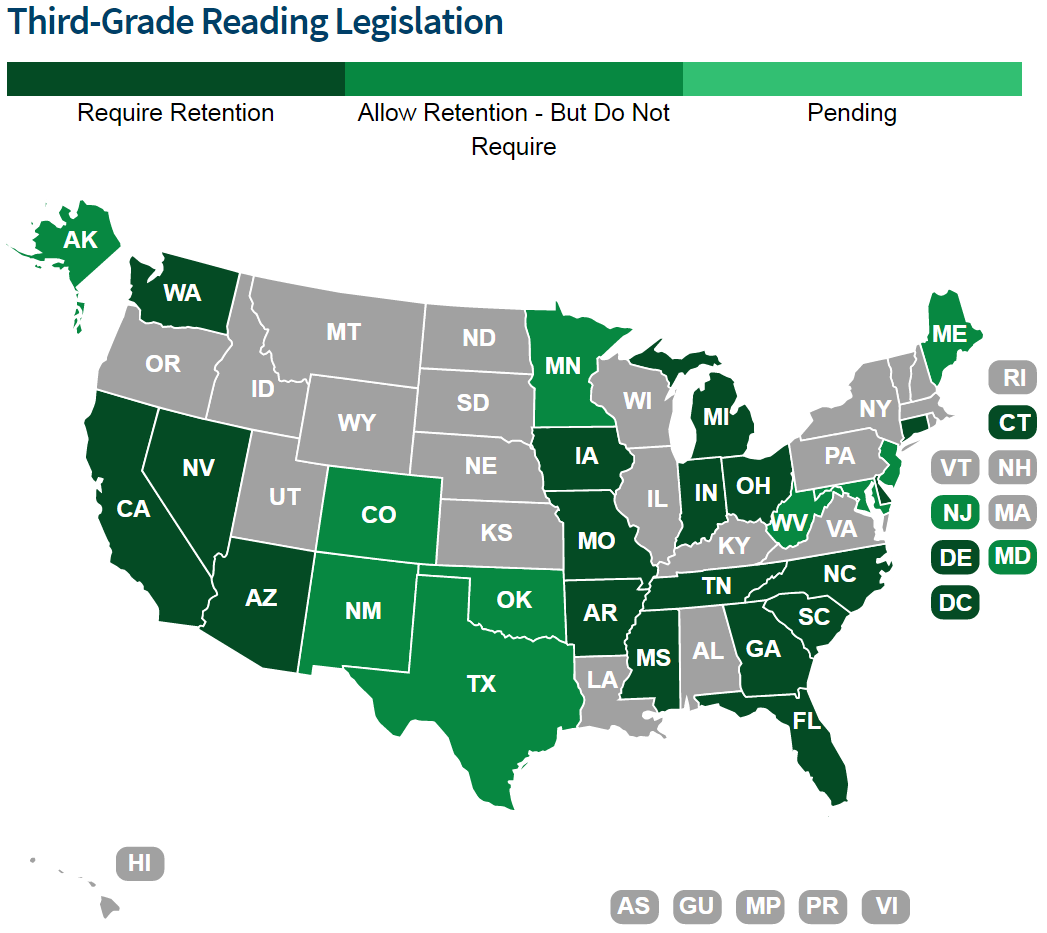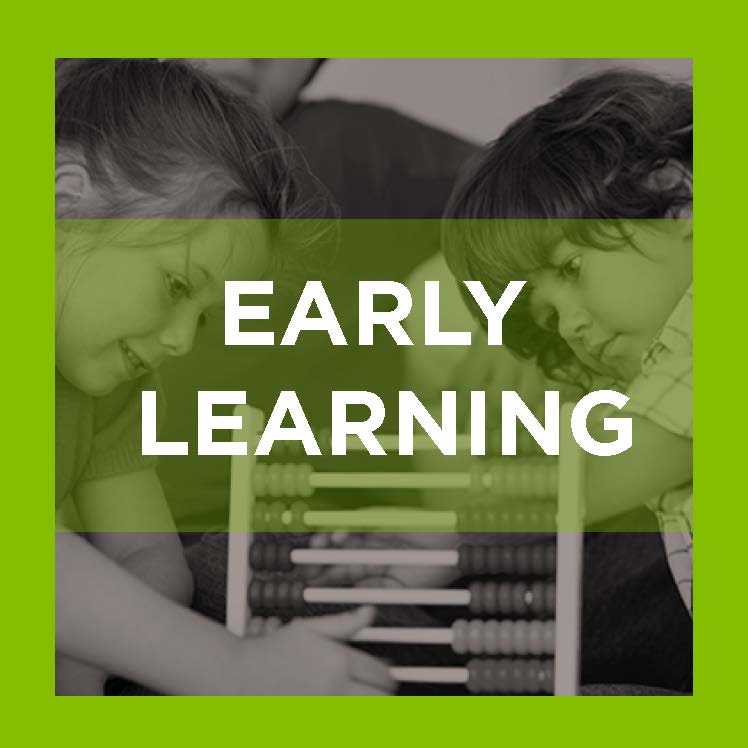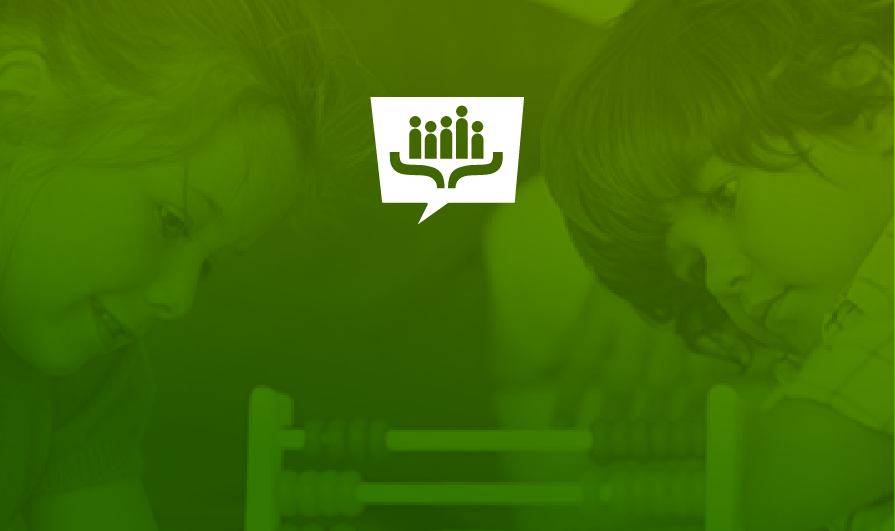We know reading proficiency matters: Research shows that children who are not proficient at the end of third grade are four times more likely to drop out of high school. Yet nationally, 2 in 3 fourth-graders are not proficient in reading, according to the most recent data available.
To tackle this problem, states responded by implementing retention policies that hold students in third grade until they are proficient. But this can be costly and negatively affect a student’s long-term academic success. Many policymakers are now examining more preventative approaches to supporting students in becoming proficient readers, including early interventions and professional development opportunities for teachers.
Some of these intervention systems include:
- Summer reading courses.
- Reading intervention plans.
- Additional, direct reading instruction.
- Coordination with a student’s family.

Sixteen states plus D.C. require third-grade retention, and 14 of those offer conditional promotion options. All states that require retention also require a system of intervention. Source: National Conference of State Legislatures.
Recent state legislation includes the following approaches focused on preventative, rather than reactive, measures that can help ensure all students are meeting academic and developmental benchmarks. Early learning and early elementary years are utilized as a ramp, rather than an elevator, to third-grade reading proficiency.
- Arizona (H.B. 2190, 2016): Revises the state's third grade reading retention program and allows third-grade students, who are reading below grade level and receive intervention and remedial services during the summer, to be promoted from third grade.
- Oregon (H.B. 3069, 2015): Mandates that the Teacher Standards and Practices Commission adopt rules that require teacher education programs in early childhood education, elementary education, special education or reading to provide training to teacher candidates that will enable them to help students meet reading standards by the end of third grade.
Additionally, organizations nationally and within states are mobilizing to streamline efforts to support students in becoming proficient readers, including programs like Reach Out and Read, Arizona’s Read On Arizona and the Campaign for Grade-Level Reading. These programs focus on literacy at the local, state and national levels. Aligning and strengthening these efforts in the early elementary years ensures that students have the necessary foundational reading skills to improve third-grade proficiency and later, reach academic success.





